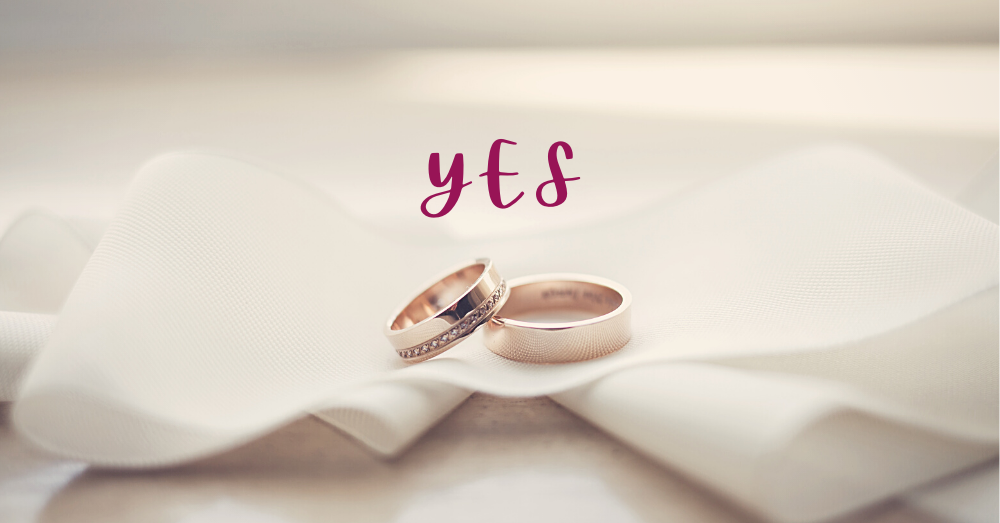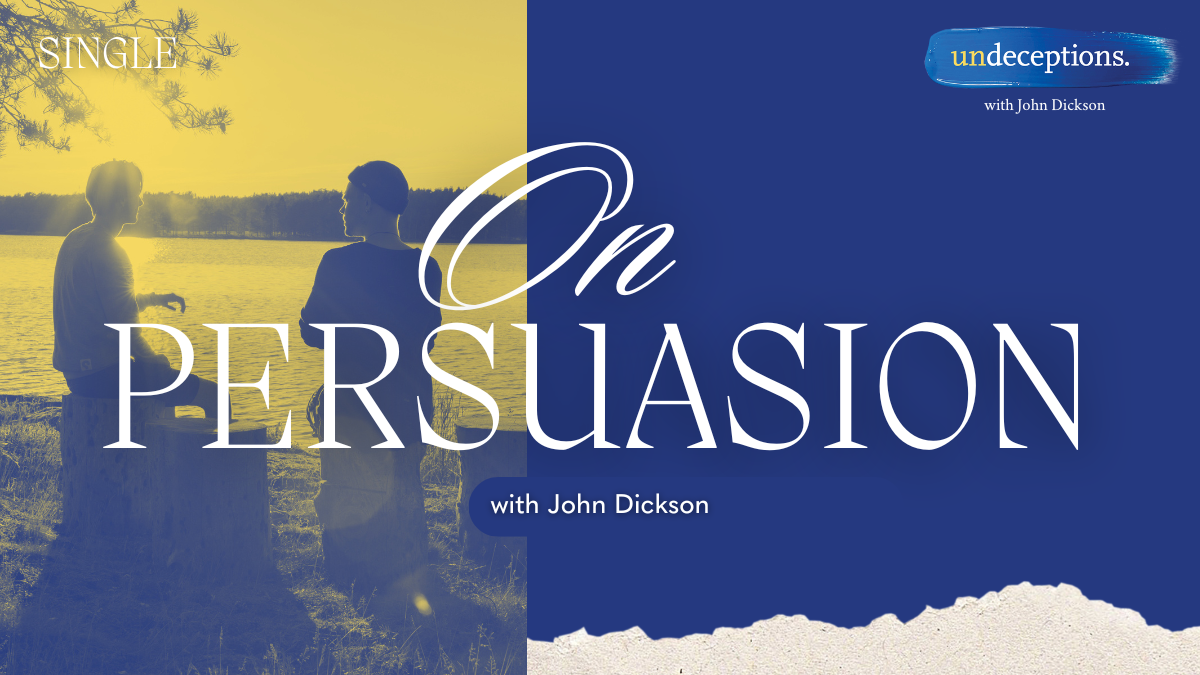Why Julia Baird is Wrong about Christian Support for Same-Sex Marriage
ABC Religion and Ethics
The Rev. Dr John Dickson is an author and historian. He co-founded the Centre for Public Christianity in 2007, and is now the Anglican Rector of St. Andrew’s Roseville.
Most things written by ABC journalist and Fairfax columnist Julia Baird are thoughtful and compelling. She is an important voice – and a Christian one, at that – in this country.
But she is mistaken in her recent claim that the strong Yes vote in the same-sex marriage postal vote should be interpreted as “a triumph for the grassroots sitting in the church pews” against the “Pharisees and publicly pious Church leaders.”
Baird offers here the mirror-image of the once-popular Christian “moral majority” argument, presenting one’s preferences as the “true” intent of Jesus and the “real” opinion of most sincere believers. Hers, however, is a “progressive majority” argument. And it is pitched, of course, against the judgemental, pharisaic leaders of the church – like me, I suppose.
But Baird is mistaken on two counts: sociological and theological.
First, it is difficult to maintain, as Baird does, that most Christians “in the pews” endorse same-sex marriage and relationships. Consider this: 52% of Australians ticked some kind of “Christian” box in the last census, and yet only 20% of Australians turn up at church with any regularity (which is usually monthly). Let’s be generous and split the difference. Suppose about a third of Australians are something more than merely nominal Christians.
Now, following Baird’s claim, let’s suppose that a majority – say, two-thirds – of these “grassroots” Christians voted Yes. That leaves just a third of Christians – or about 10% of Australians – voting No. If my math is correct, that would mean that Christians accounted for only a quarter of the 40% of Australians that voted to maintain traditional marriage. Can that be right? Where did the remaining three-quarters (30% of the vote) of No-voters come from? Traditional Muslims (just 2.6% of the population)? Buddhists (2.4%)? Unlikely.
Baird’s thesis is very probably wrong. It is true that genuine – which is to say, not simply nominal – Christians could, and did, vote Yes to same-sex marriage. Some did so in full acceptance of same-sex intimacy; others were trying to separate their biblical ethics from the civil law. But it is much more likely that a significant majority of Christians – two-thirds at least – voted No. They would have done so imagining that maintaining traditional marriage was good for everyone. And, yet, even on the assumption of a strong majority of Christians voting No, they still only made up about half of that vote.
I realise I am painting this in broad brushstrokes, and I know only 80% of eligible voters voted. But it seems clear that most of Julia Baird’s “grassroots” Christians “in the pews” did not vote Yes in a wave of protest against the “Pharisees” leading their churches. (And I also think Julia will find that most church-goers quite like their priests and pastors, and hold them to be generous of spirit, if flawed.)
Second, and more profoundly, Julia Baird is mistaken theologically. I don’t mean she is wrong to think that the Bible endorses same-sex intimacy. I mean she is wrong to suggest that displaying the “love” and “grace” of Jesus today would involve accepting same-sex marriage. Here Baird is following a new – and, dare I say, secular – definition of “love” as agreement and “grace” as endorsement. Nothing could be further from the Christian viewpoint.
Grace is the capacity to profoundly disagree with the course of someone’s life and still respect and care for them, in exactly the same way you would toward those with whom you completely agree. Secular “acceptance” is a pale reflection of this ancient theological truth.
I don’t doubt that a portion of thoughtful Christians came to endorse same-sex marriage, but it wasn’t love or grace that got them there. Endorsement and agreement require no grace and very little love. The genuine version of these Christian virtues involves the more difficult ethical feat of honouring and caring for those whose ethics you do not accept.
The true genius of Jesus, found throughout the Gospels, was his ability to speak against “sin,” and even describe people as “sinners,” while serving and building friendships with them all the same. Julia knows the biblical texts as well as I do.
In his classic study The Aims of Jesus , Ben Meyer noted the way Jesus overturned the pharisaic pattern common in his day, where conversion must precede any contact with those classed “sinners.” The “novum in the act of Jesus,” writes Meyer:
“was to reverse this structure: communion first, conversion second. His table fellowship with sinners implied no acquiescence in their sins, for the gratuity of the reign of God cancelled none of its demands. But in a world in which sinners stood ineluctably condemned, Jesus’ openness to them was irresistible. Contact triggered repentance; conversion flowered from communion. In the tense little world of ancient Palestine, where religious meanings were the warp and woof of the social order, this was a potent phenomenon.”
It is true, painfully true, that the church still has much to learn about genuine friendship with the LGBTIQ community – friendship that isn’t a mere missionary ploy but the embodiment of God’s “irresistible” love. But it is not true to the Jesus of history to reduce his openness to all to the mere acceptance of something like same-sex marriage.
In short, contrary to Julia Baird’s claim that the Yes vote signals a triumph of grassroots Christian love over Pharisaism, most believers will have voted No without any hint that in doing so they were contradicting their Lord’s – and their church leaders’ – commitment to show love and grace to LGBTIQ persons.
The Rev. Dr John Dickson is an author and historian, and the Anglican Rector of St. Andrew’s Roseville.
This article was initially published on abc.net.au














































